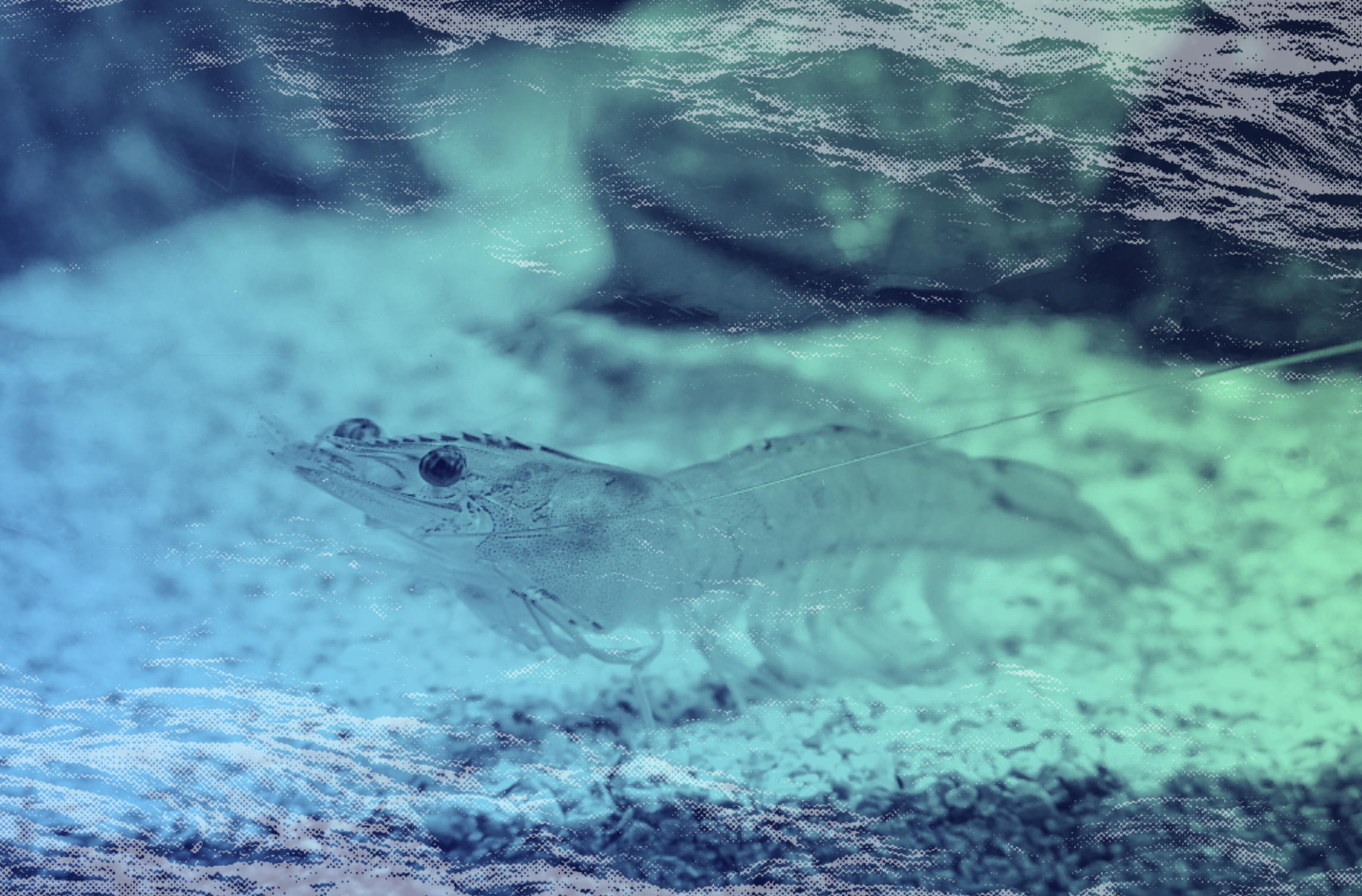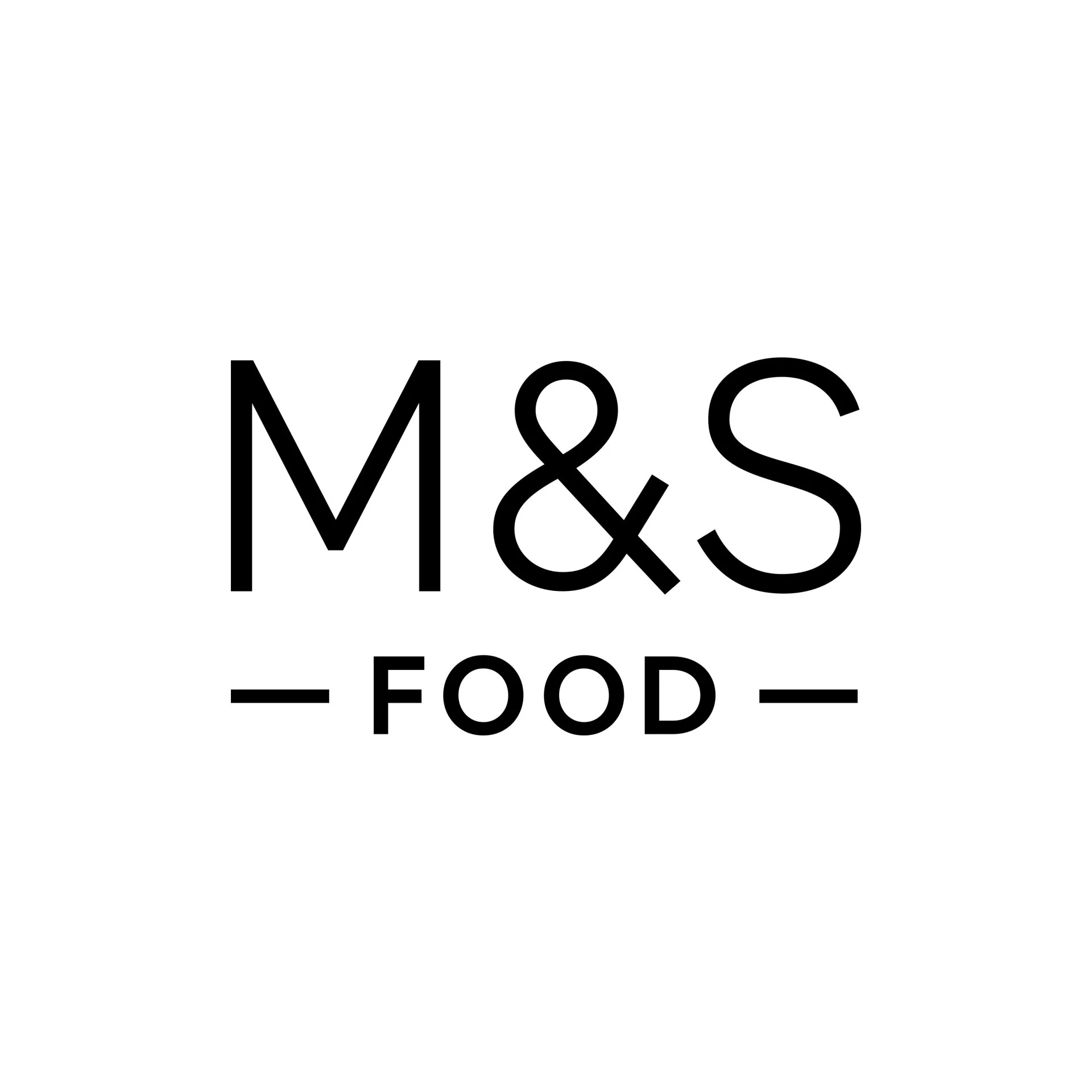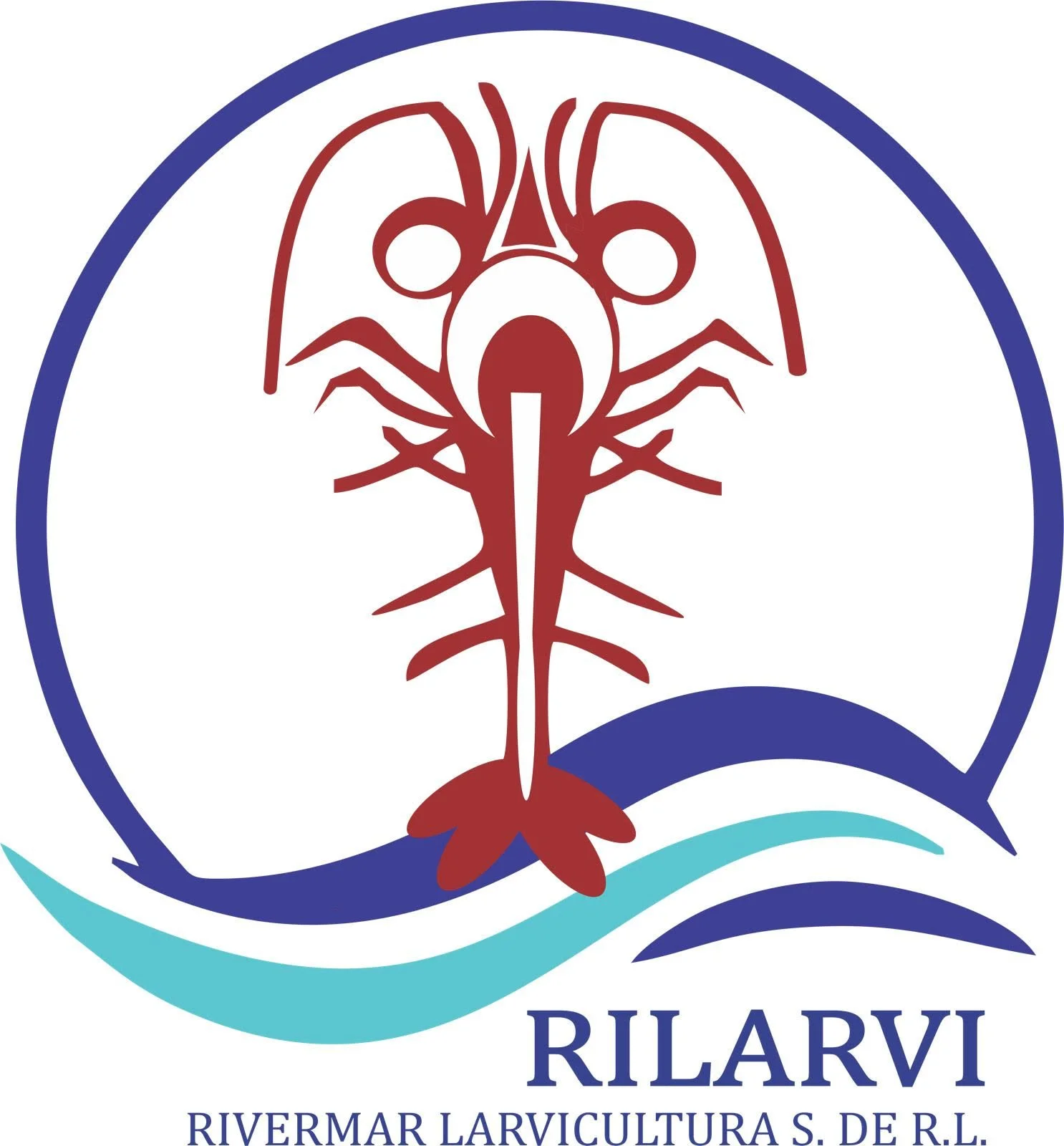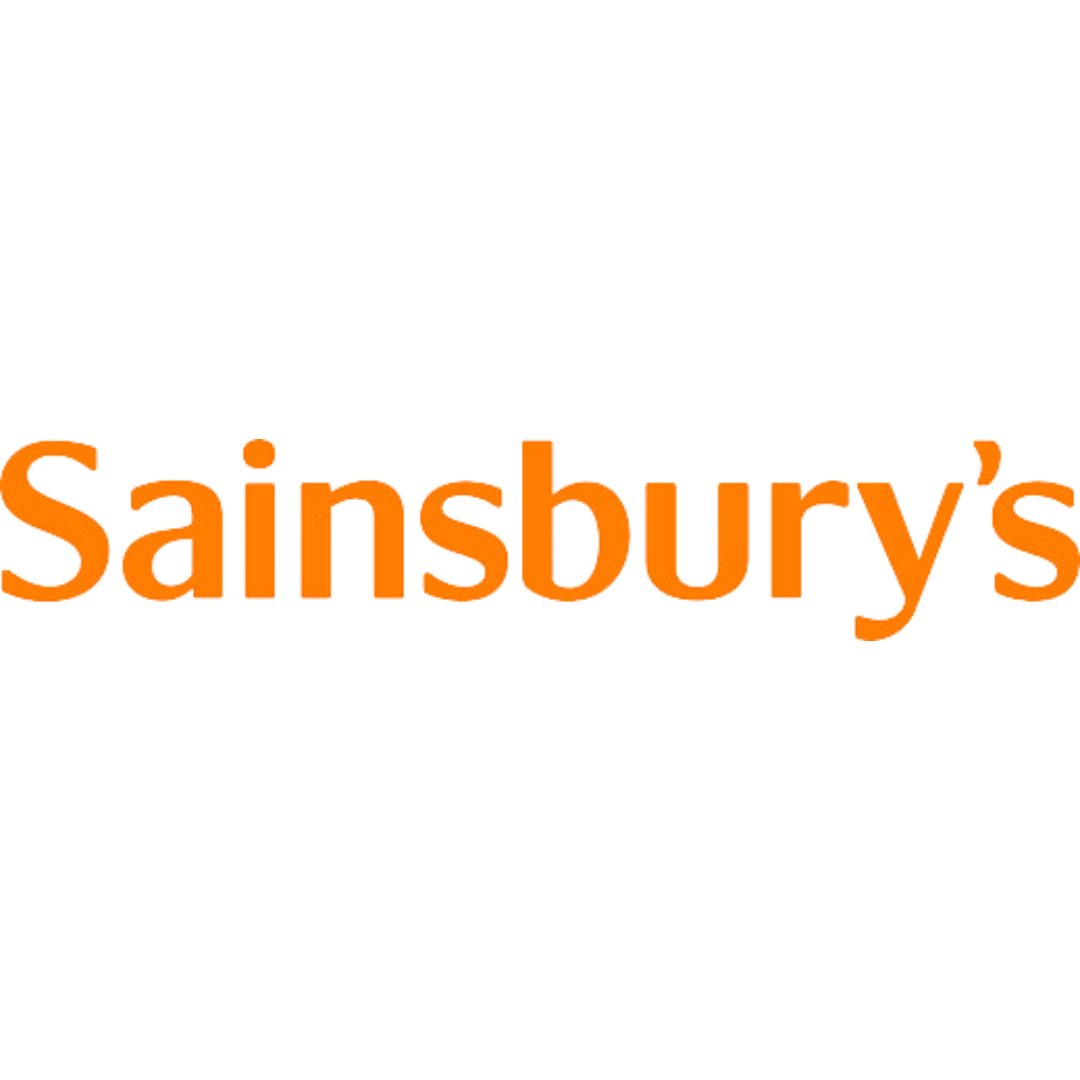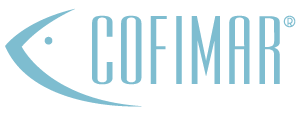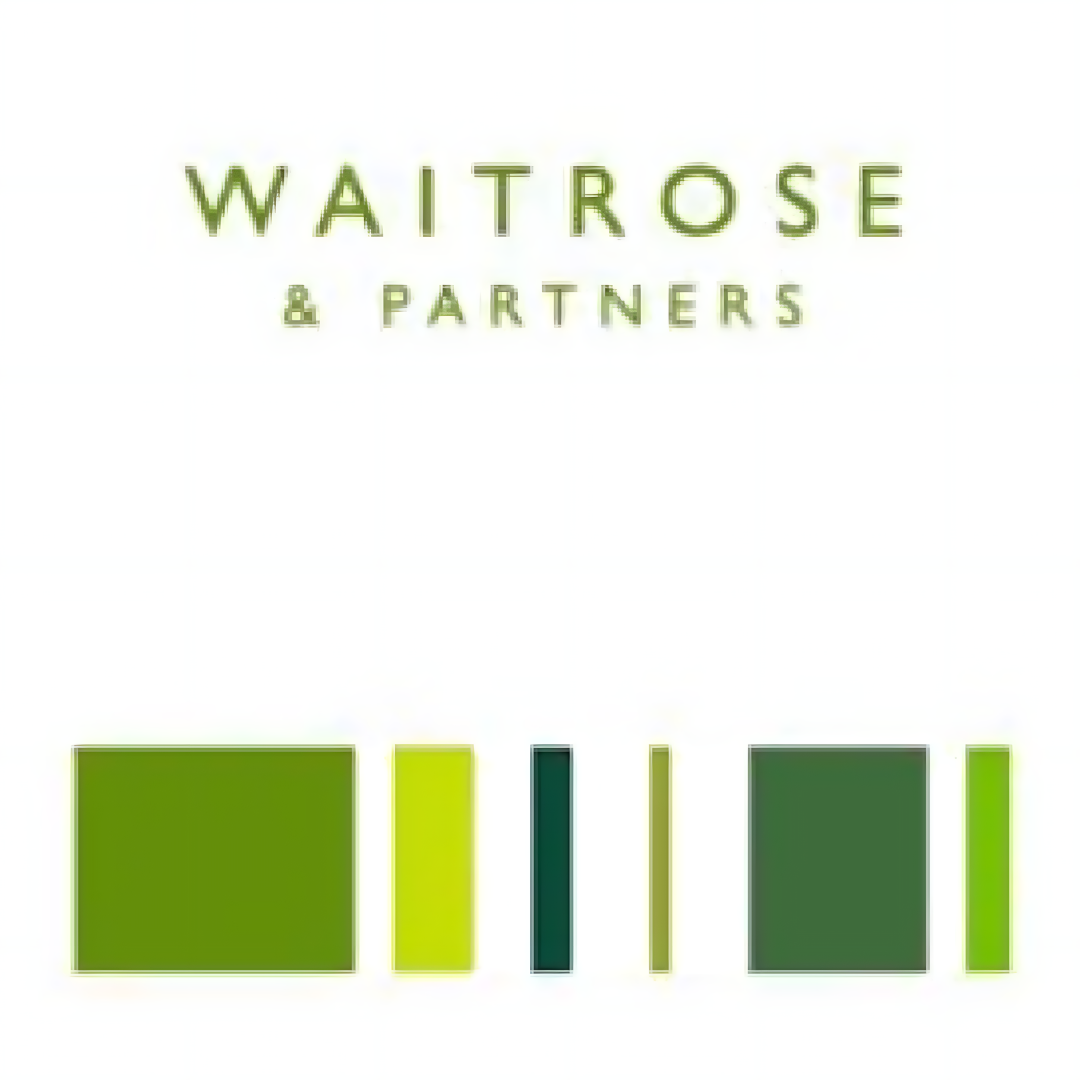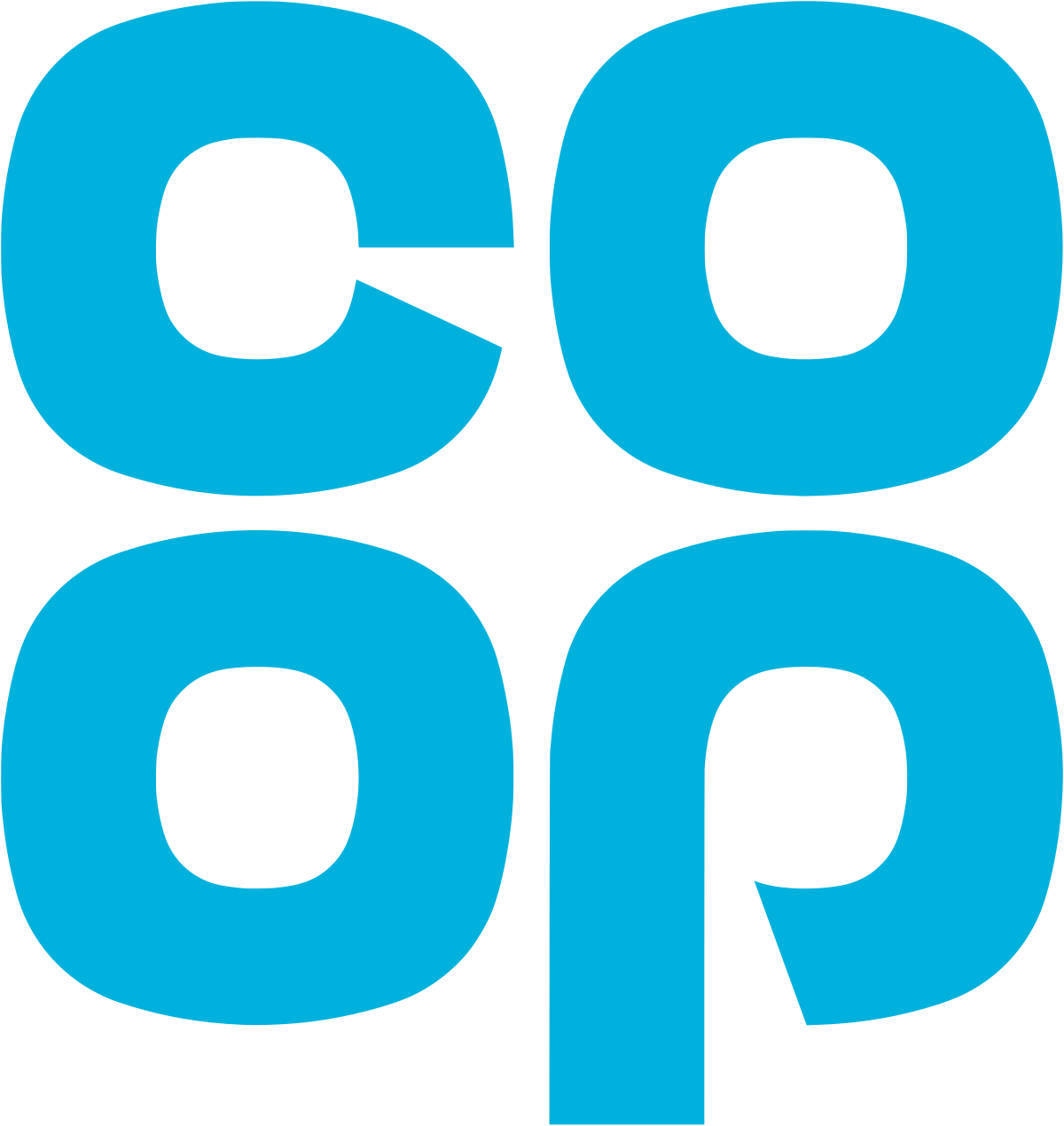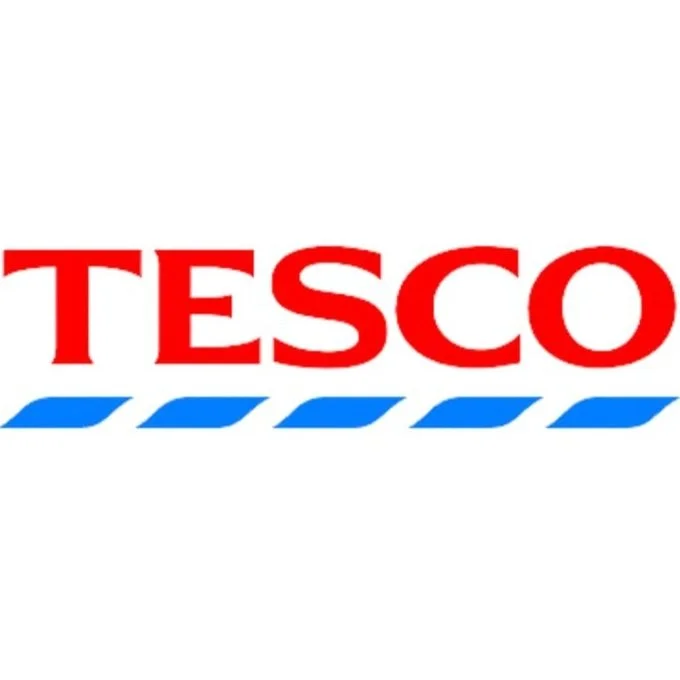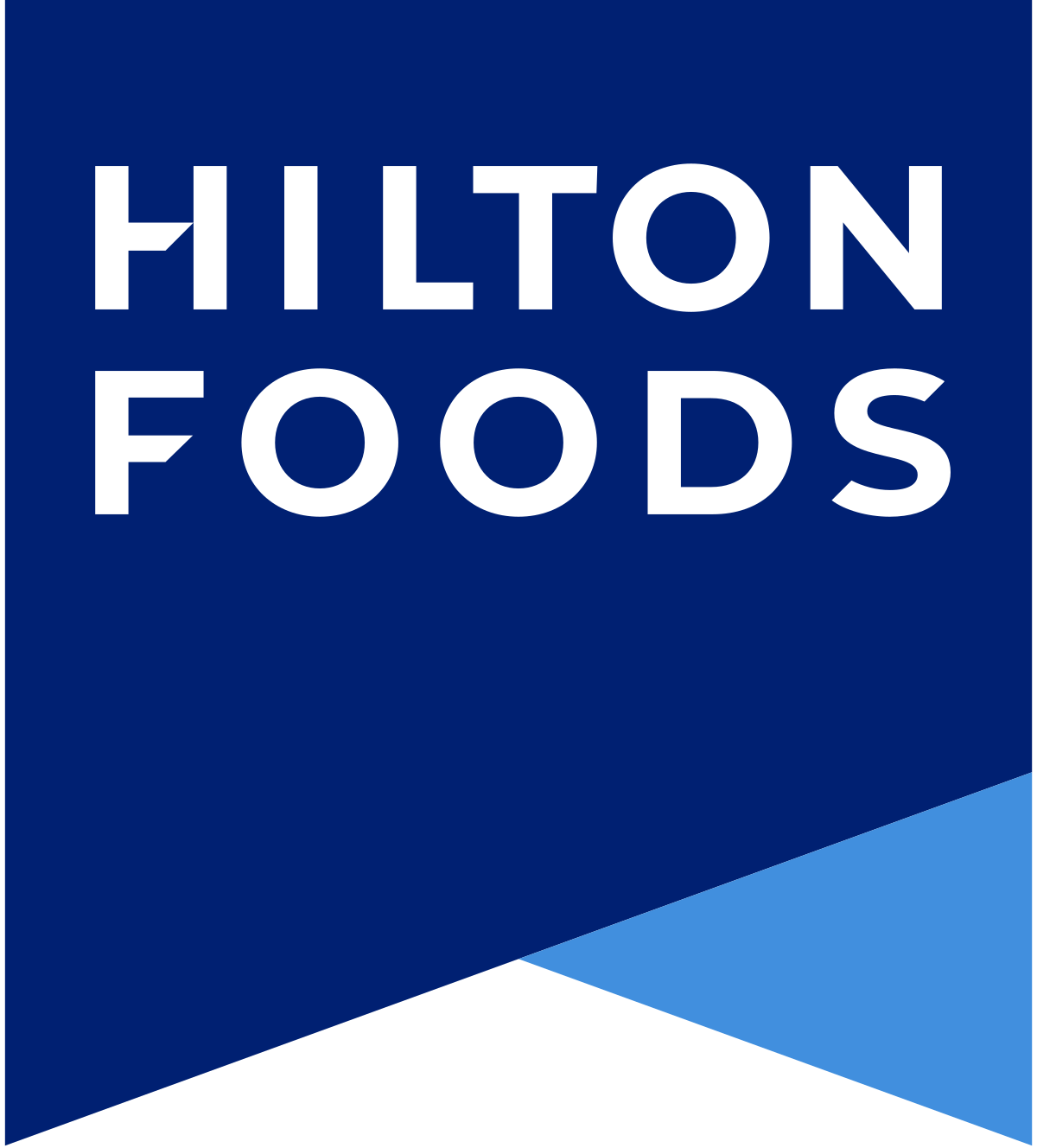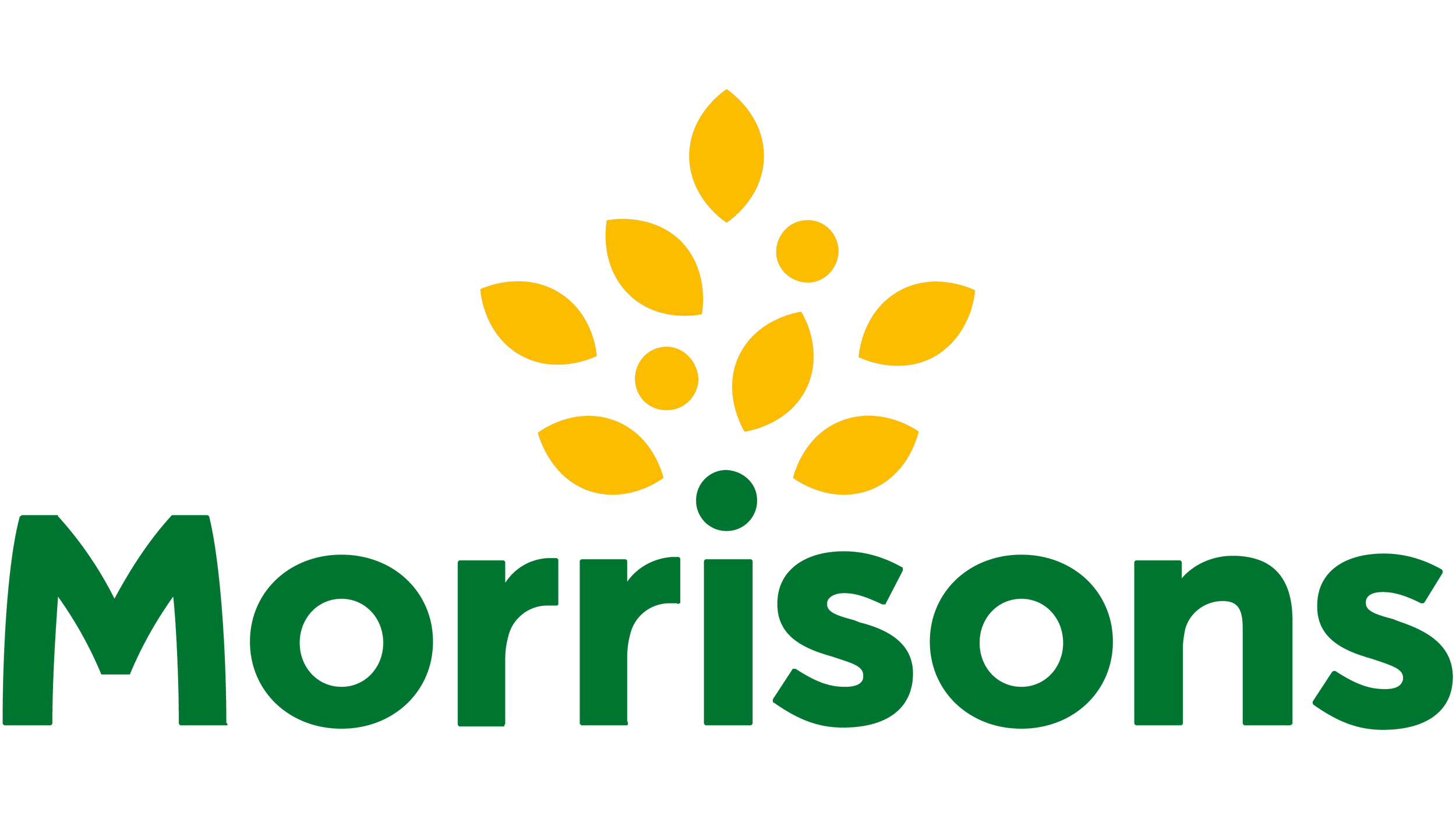
Eyestalk Ablation-Free
Why stop using eyestalk ablation?
Eyestalk ablation (ESA) involves one or more of the animal’s eyestalks being removed through crushing, cutting, burning, or tying it off.
This increases spawning and shortens the maturation time. However, it disturbs the health and welfare of breeding animals and their offspring. Also, ESA affects the quality of the animals and their survival. This then affects production and can lead to lower financial profits for farmers.
Major retailers, including Tesco (UK), Marks & Spencer (UK), John Lewis Partnership / Waitrose (UK), Sainsbury’s (UK), Co-op (UK), Morrisons (UK), Iceland (UK), Albert Heijn (Netherlands), Jumbo (Netherlands), and Les Mousquetaires (France) have published commitments to keep their supply chain free from eyestalk ablation.
Various international seafood certification standards have required eyestalk ablation to be banned.

Featured companies who have made the
ESA-free commitment
Marks & Spencer - Retailer
UK
Seajoy Cooke - Producer
Latin America
Rilarvi by MER Seafood - Hatchery
Honduras
Sainsbury’s - Retailer
UK
Cofimar - Producer
Ecuador
John Lewis Partnership / Waitrose - Retailer
UK
Albert Heijn - Retailer
Netherlands
Co-op - Retailer
UK
Tesco - Retailer
UK
Hilton Foods - Food packaging company
UK
Iceland - Retailer
UK
Morrisons - Retailer
UK
Les Mousquetaires - Retailer
France
The companies featured in this section are included based on their own self-reported commitments to eliminating eyestalk ablation.
Jumbo - Retailer
Netherlands
Invitation to be featured on our ESA-free Page
About Shrimp Welfare Project
Shrimp Welfare Project is a UK-registered nonprofit organisation. We aim to improve the welfare of farmed shrimps through working with the demand and supply side of the shrimp industry, outreach, and research.
About the Eyestalk Ablation-Free Page
The Eyestalk Ablation-Free Page aims to promote the elimination of eyestalk ablation from the shrimp industry globally.
The page spotlights corporates who have made an effort to phase out and eliminate the practice of eyestalk ablation from their supply chain, hence transitioning to better welfare for animals. There is absolutely no fee involved in being featured on our page.
Eyestalk ablation is widely known to have a negative impact on the welfare of shrimp broodstock and their offsprings, yet shows no long-term advantages to producers.
Why be featured on our page?
Your effort to eliminate a poor welfare practice would be publicly recognised by the first international nonprofit focusing on shrimp welfare exclusively;
Your effort would be promoted to consumers, potential buyers, and the seafood industry internationally;
You set the standard on higher welfare for the industry to follow.
What does recognition look like?
We will publish a story about your company on our website. You can take a look at a sample story on our website here.
How to be featured on our page?
Please fill out this form. Our team will be in touch with you shortly to share more details.

Still have questions?
Drop us an email at info@shrimpwelfareproject.org

